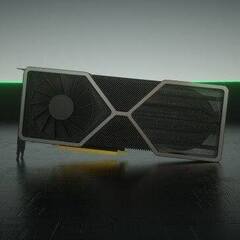Are cheap smart switches a fire risk
-
Featured Topics
-
Topics
-
Mistr J ·
Posted in Troubleshooting1 -
Gecko ·
Posted in General Discussion0 -
1
-
4
-
2
-
coolbean28 ·
Posted in Graphics Cards8 -
awsomename999 ·
Posted in Troubleshooting4 -
RoyTheGeek ·
Posted in Phones and Tablets2 -
NexDeformedpoto ·
Posted in Networking2 -
5
-


.png.255947720031a641abdac78e663b681c.png)














Create an account or sign in to comment
You need to be a member in order to leave a comment
Create an account
Sign up for a new account in our community. It's easy!
Register a new accountSign in
Already have an account? Sign in here.
Sign In Now